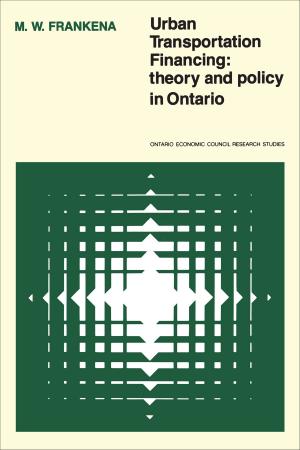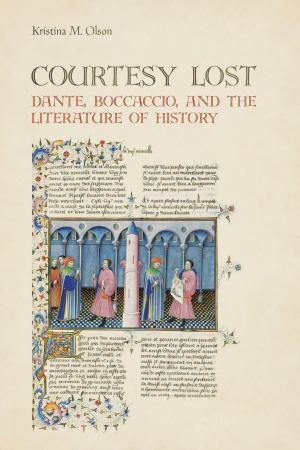New Liberalism
The Political Economy of J.A. Hobson
Nonfiction, Social & Cultural Studies, Political Science, Government, Democracy, Politics, History & Theory, International| Author: | John Allett | ISBN: | 9781442633001 |
| Publisher: | University of Toronto Press, Scholarly Publishing Division | Publication: | December 15, 1981 |
| Imprint: | Language: | English |
| Author: | John Allett |
| ISBN: | 9781442633001 |
| Publisher: | University of Toronto Press, Scholarly Publishing Division |
| Publication: | December 15, 1981 |
| Imprint: | |
| Language: | English |
John A. Hobson was a prominent member of a small band of British radicals who argued around the turn of the century that the consistent application of liberal ideas required the reorganization of capitalist societies along socialist lines. Allett here suggests that their march toward socialism was marked by a caution not overly to damage the liberal heritage of their forefathers and yet to provide a philosophical foundation for the creation of the welfare state, justified on the basis of right and efficiency.
The author emphasizes Hobson’s doctrine of imperialism and the related theory of under-consumption for which he is best known, while arguing that the lesser known of Hobson’s doctrines—which the author describes as the ‘organic theory of surplus value’—is essential to a full appreciation of the coherence of Hobson’s thought.
Allett compares the analyses of Hobson, Adam Smith, J.S. Smith, the Webbs, T.H. Green, Bosanquet, Marx, Lenin, Keynes, and Hobson’s comrade-in-arms L.T. Hobhouse and puts in perspective the dismissive critiques of those contemporary scholars who claimed that Hobson’s work is value-laden, simplistic, and contradictory.
This study presents an integral analysis of the life, times, and thought of a profound and original thinker, whose legacy to social democratic thought has yet to be fully appreciated.
John A. Hobson was a prominent member of a small band of British radicals who argued around the turn of the century that the consistent application of liberal ideas required the reorganization of capitalist societies along socialist lines. Allett here suggests that their march toward socialism was marked by a caution not overly to damage the liberal heritage of their forefathers and yet to provide a philosophical foundation for the creation of the welfare state, justified on the basis of right and efficiency.
The author emphasizes Hobson’s doctrine of imperialism and the related theory of under-consumption for which he is best known, while arguing that the lesser known of Hobson’s doctrines—which the author describes as the ‘organic theory of surplus value’—is essential to a full appreciation of the coherence of Hobson’s thought.
Allett compares the analyses of Hobson, Adam Smith, J.S. Smith, the Webbs, T.H. Green, Bosanquet, Marx, Lenin, Keynes, and Hobson’s comrade-in-arms L.T. Hobhouse and puts in perspective the dismissive critiques of those contemporary scholars who claimed that Hobson’s work is value-laden, simplistic, and contradictory.
This study presents an integral analysis of the life, times, and thought of a profound and original thinker, whose legacy to social democratic thought has yet to be fully appreciated.















